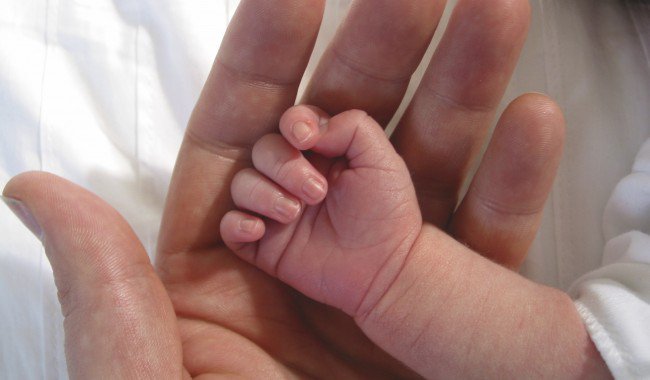A woman from Lanarkshire has been awarded £5.25m compensation after a 16-year fight for justice.
40-year-old Nadine Montgomery’s son Sam suffered brain damage during his birth, which Mrs Montgomery claimed was as a result of medics neglecting to give her adequate advice and could have led to her having a safer caesarean birth.
Her damages claim had previously been rejected twice at the Court of Session in Edinburgh however judges at the Supreme Court in London have now upheld her claim against NHS Lanarkshire.
Mrs Montgomery described the judgment as “an enormous relief after a very long legal fight.”
“I believe that I had the right to know of all the risks surrounding Sam’s birth – and I am pleased the Supreme Court has recognised that,” she said. “I hope this means that other patients will not have to go through what I have gone through.
“The decision will allow me to ensure Sam receives the best possible care for the rest of his life.”
Mrs Montgomery gave birth to Sam at the Bellshill Maternity hospital in October 1999 however he was born with severe disabilities due to a number of complications during his delivery.
The focus of the case was to determine whether the health board had gone far enough to advise the first-time mother of all the potential risks involved in giving birth to her son. Mrs Montgomery is small and a Type 1 diabetic, which means she is more likely to give birth to a larger-than-average baby, leaving her at risk of complications from traditional births such as shoulder dystocia, where the baby gets stuck.
In Mrs Montgomery’s case, Sam’s shoulder got stuck after the delivery of his head and although staff performed a number of suitable manoeuvres to release the shoulder, Sam suffered oxygen deprivation during the 12-minute delay.
He needed to be resuscitated and this is what resulted in the brain damage. This in turn led to him developing cerebral palsy as well as further damage to the nerves which control shoulder, hand and arm movements.
The court heard that Mrs Montgomery had expressed concerns during her pregnancy regarding her ability to deliver the baby safely. Her obstetrician had been aware of the risks of shoulder dystocia but had opted not to discuss this with her nor did they discuss a caesarean section as the alternative.
Mrs Montgomery indicated that she would have opted for a caesarean section if she had been advised of the risks beforehand.
Her damages claim from the health board had previously been rejected by the Outer House of the Court of Session in Edinburgh, with the Inner House also rejecting her appeal against this decision. However, these judgments have now been overturned by a seven-judge panel at the Supreme Court in London.
In their ruling, the judges said: “The only conclusion that we can reasonably reach is that, had she (the consultant) advised Mrs Montgomery of the risk of shoulder dystocia and discussed with her dispassionately the potential consequences, and the alternative of an elective caesarean section, Mrs Montgomery would probably have elected to be delivered of her baby by caesarean section.
“It is not in dispute that the baby would then have been born unharmed.”
Dr Iain Wallace, NHS Lanarkshire’s medical director, said practices had “changed significantly” since Sam was born.
“Women are more fully informed and advised of the risks and complications of pregnancy and birth than was the case at that time,” he said.
“We are disappointed in the Supreme Court’s decision which has applied retrospectively to the law relating to informed consent and to this case.
Niall Dickson, chief executive of the General Medical Council, said the judgment was “very helpful”.
“We are pleased that the court has endorsed the approach advocated in our guidance on consent,” he said.
“‘Good Medical Practice and Consent: patients and doctors making decisions together’ makes it clear that doctors should provide person-centred care.
“They must work in partnership with their patients, listening to their views and giving them the information they want and need to make decisions.”
